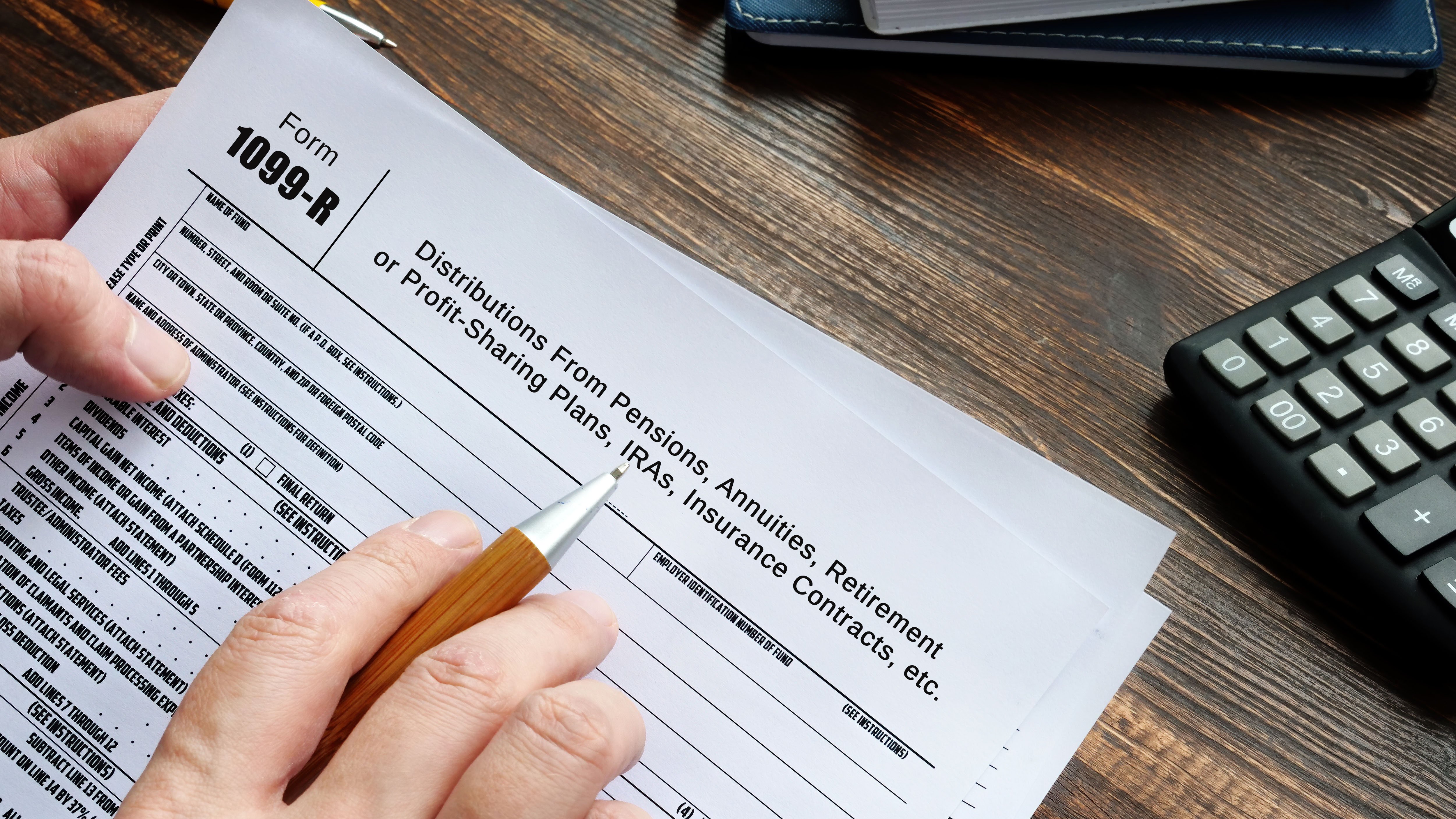
Jimmy Pickert, CFA, CRPS® Portfolio Manager
In 2020, as part of the CARES Act COVID-19 relief bill, Congress waived the requirement to take a minimum distribution from certain retirement accounts. The waiver wasn’t enacted until March, though, and by then many investors had already taken some or all of their Required Minimum Distribution (RMD). As a result, the IRS announced that people had the later date of August 31, 2020 or 60 days after their distribution to put the money back into their account and treat the distribution and subsequent deposit as a tax-free rollover.
If you fall into the above category, your IRA will still generate a 1099-R tax form. The problem is that while it will show the distribution, it will not also show the deposit. This means that if you turn your tax documents over to your CPA and don’t inform them about the deposit, you may still end up paying tax on income that you technically returned.
Investors should be proactive in letting their CPA know if they took this step in 2020 and, if feasible, provide them with an account statement from the month in which the deposit took place.
IMPORTANT DISCLOSURE INFORMATION
Please remember that past performance may not be indicative of future results. Different types of investments involve varying degrees of risk, and there can be no assurance that the future performance of any specific investment, investment strategy, or product (including the investments and/or investment strategies recommended or undertaken by ACG Advisory Services, Inc. [“ACG”]), or any non-investment related content, made reference to directly or indirectly in this blog will be profitable, equal any corresponding indicated historical performance level(s), be suitable for your portfolio or individual situation, or prove successful. Due to various factors, including changing market conditions and/or applicable laws, the content may no longer be reflective of current opinions or positions. Moreover, you should not assume that any discussion or information contained in this blog serves as the receipt of, or as a substitute for, personalized investment advice from ACG. Please remember that if you are a ACG client, it remains your responsibility to advise ACG, in writing, if there are any changes in your personal/financial situation or investment objectives for the purpose of reviewing/evaluating/revising our previous recommendations and/or services, or if you would like to impose, add, or to modify any reasonable restrictions to our investment advisory services. To the extent that a reader has any questions regarding the applicability of any specific issue discussed above to his/her individual situation, he/she is encouraged to consult with the professional advisor of his/her choosing. ACG is neither a law firm nor a certified public accounting firm and no portion of the blog content should be construed as legal or accounting advice. A copy of the ACG’s current written disclosure Brochure discussing our advisory services and fees is available for review upon request. Please Note: ACG does not make any representations or warranties as to the accuracy, timeliness, suitability, completeness, or relevance of any information prepared by any unaffiliated third party, whether linked to ACG’s web site or blog or incorporated herein, and takes no responsibility for any such content. All such information is provided solely for convenience purposes only and all users thereof should be guided accordingly.


